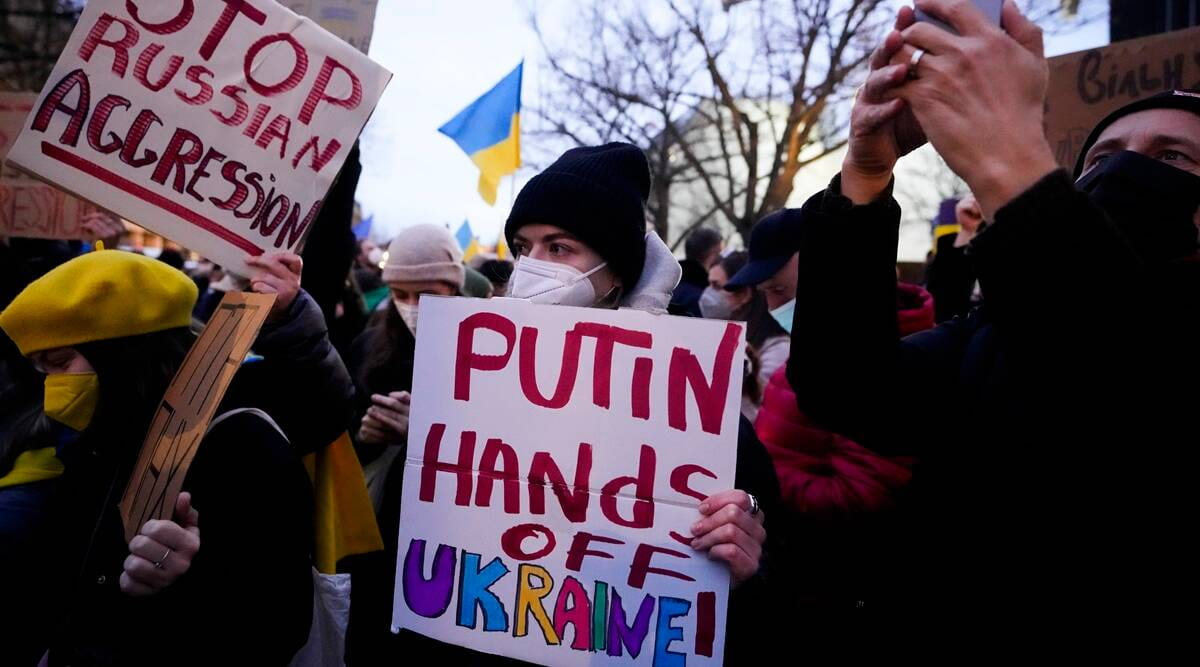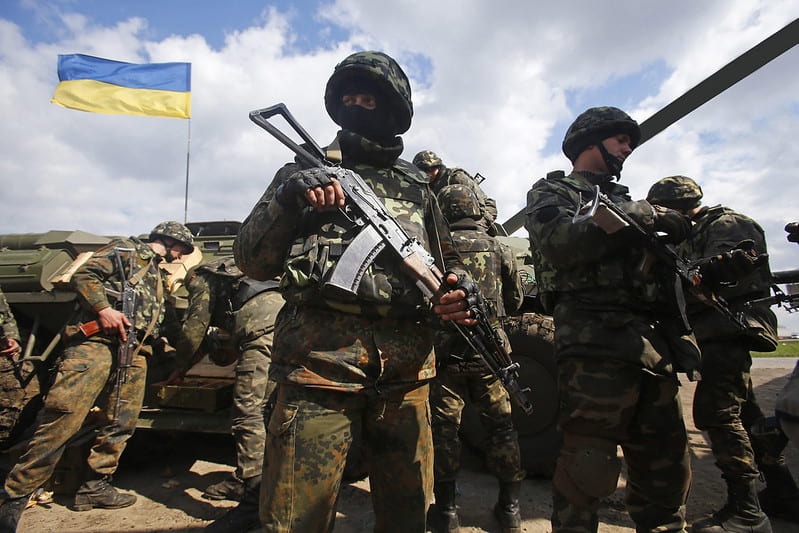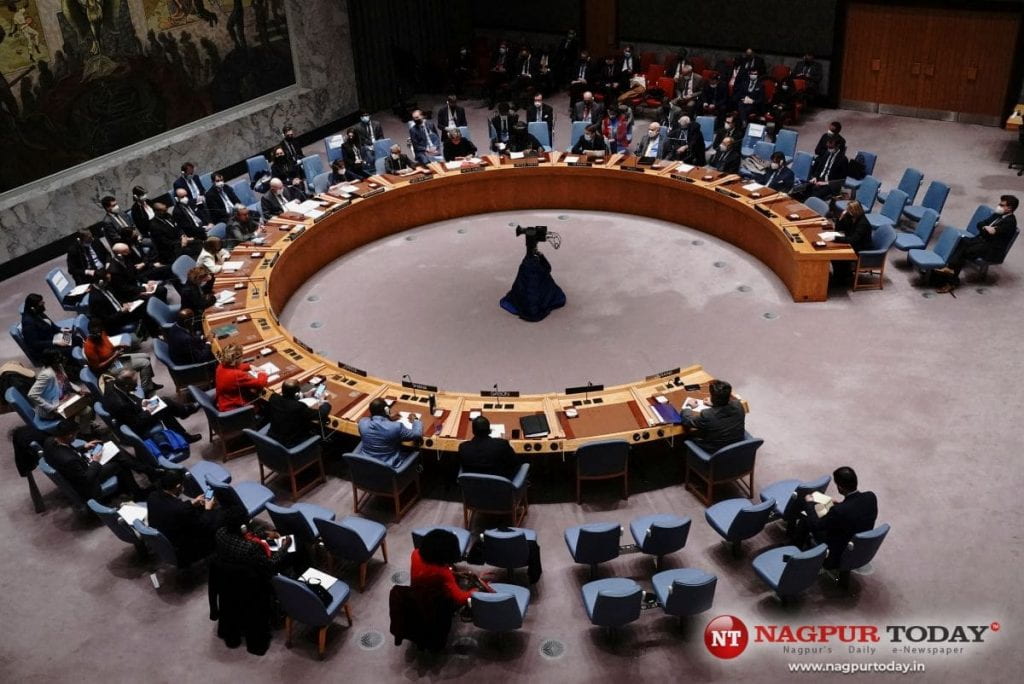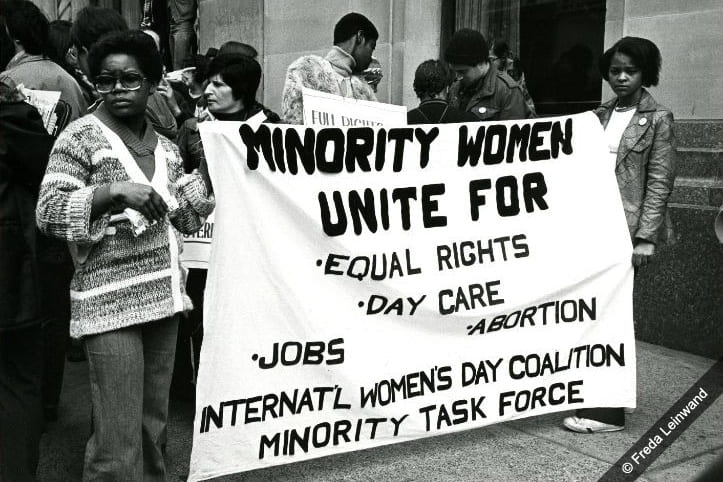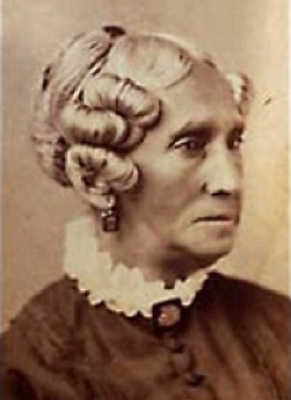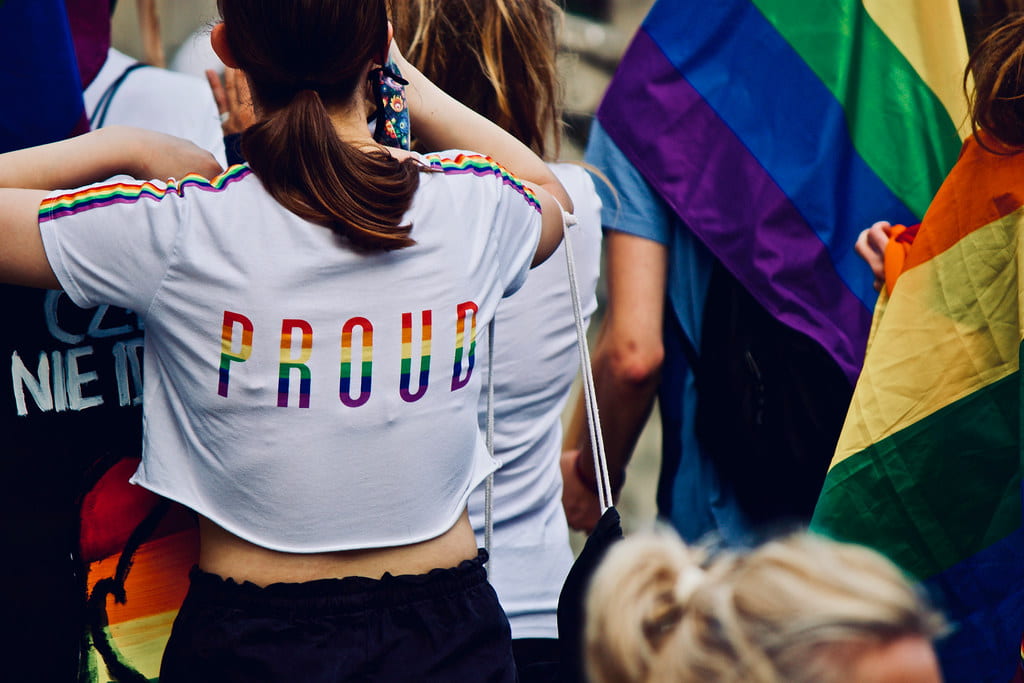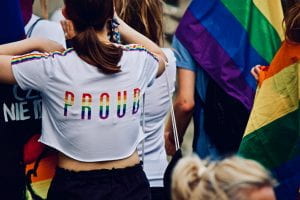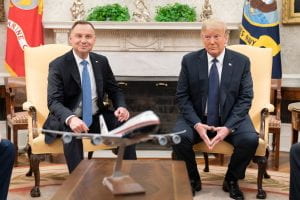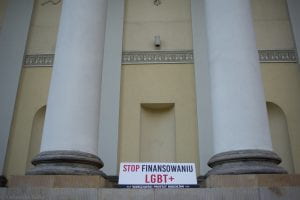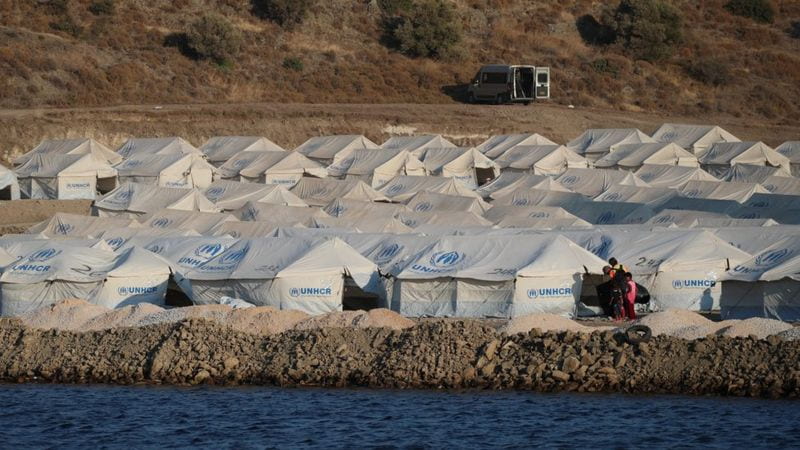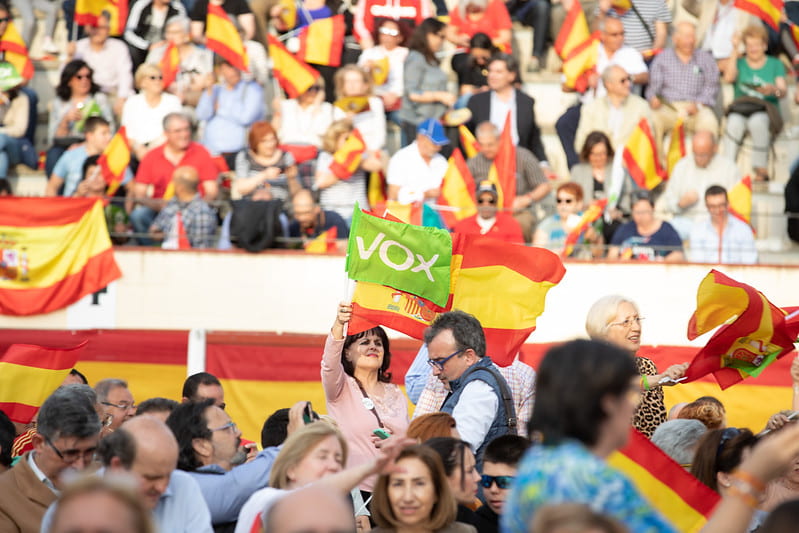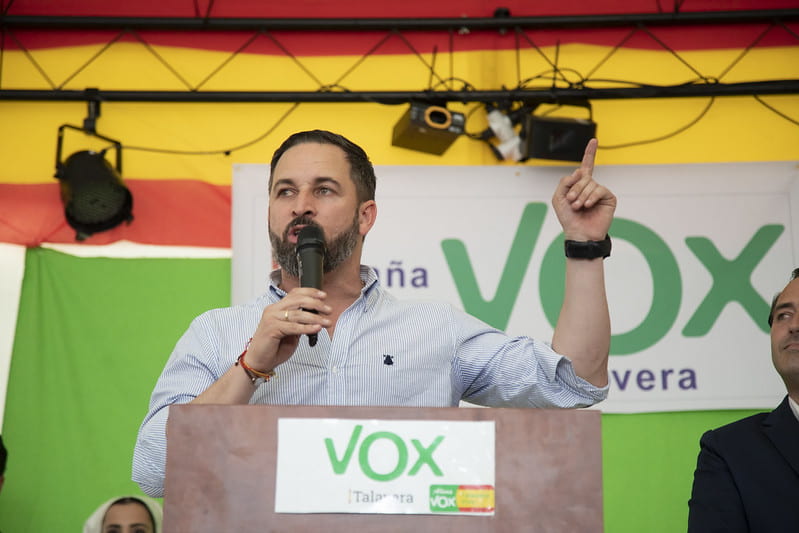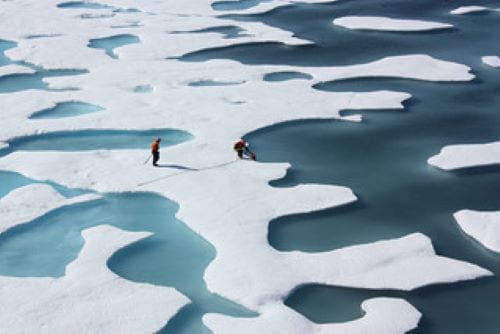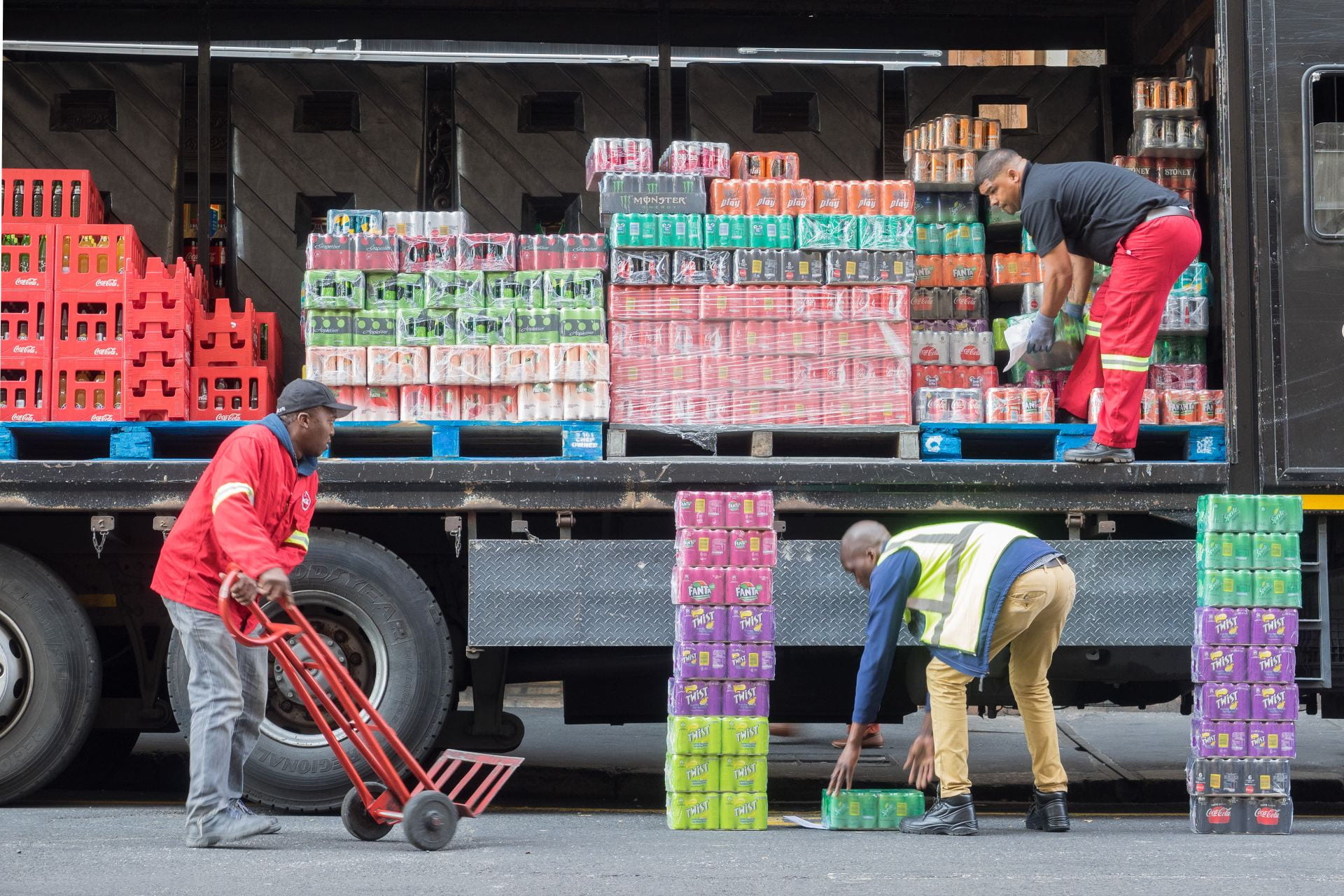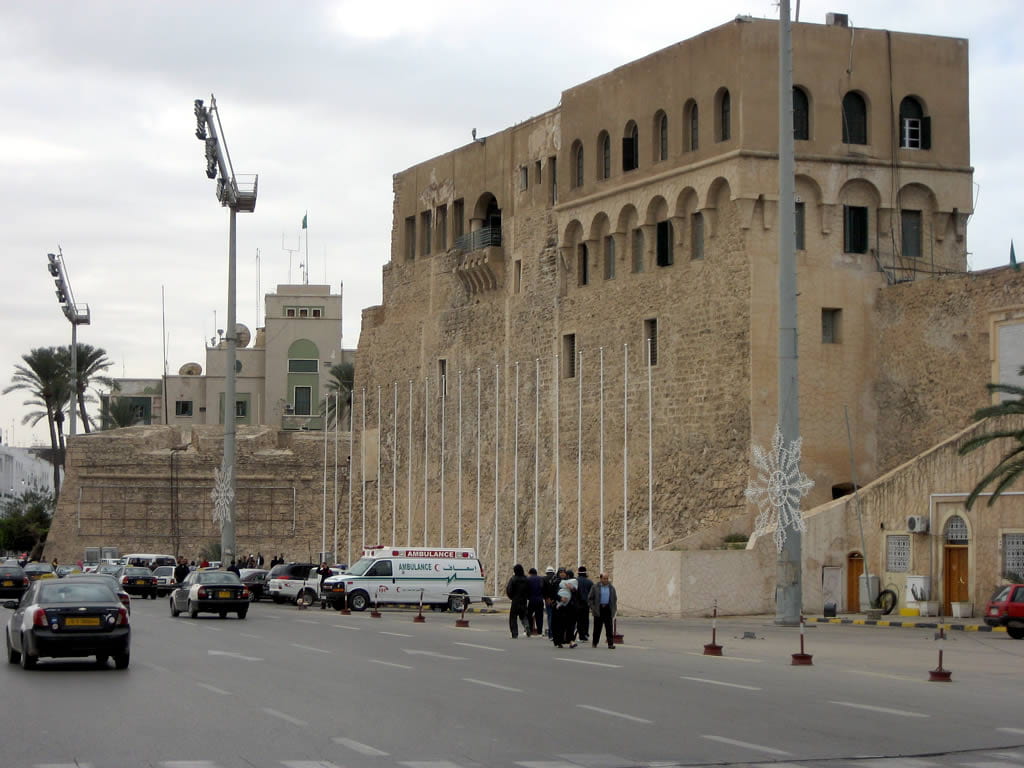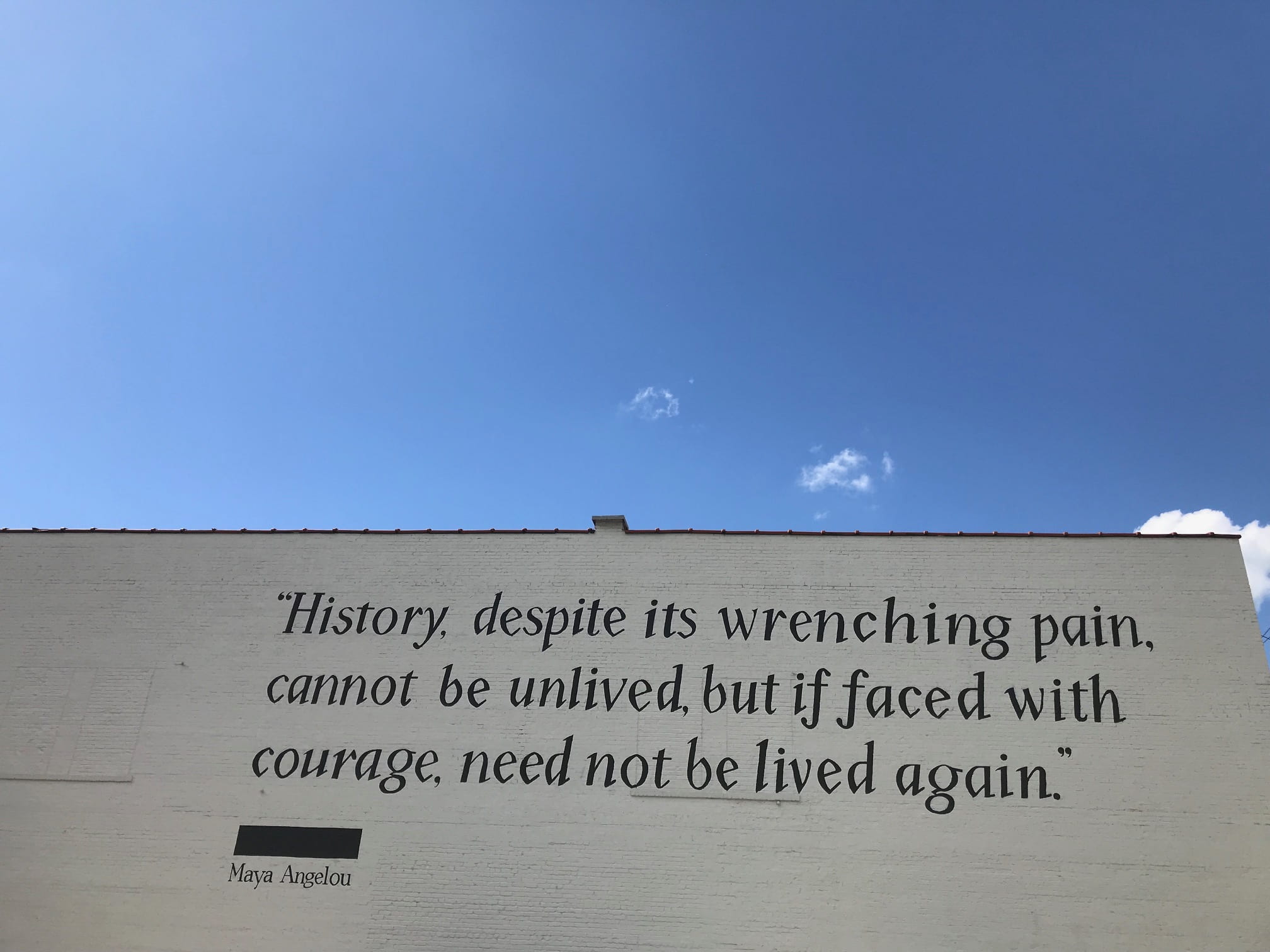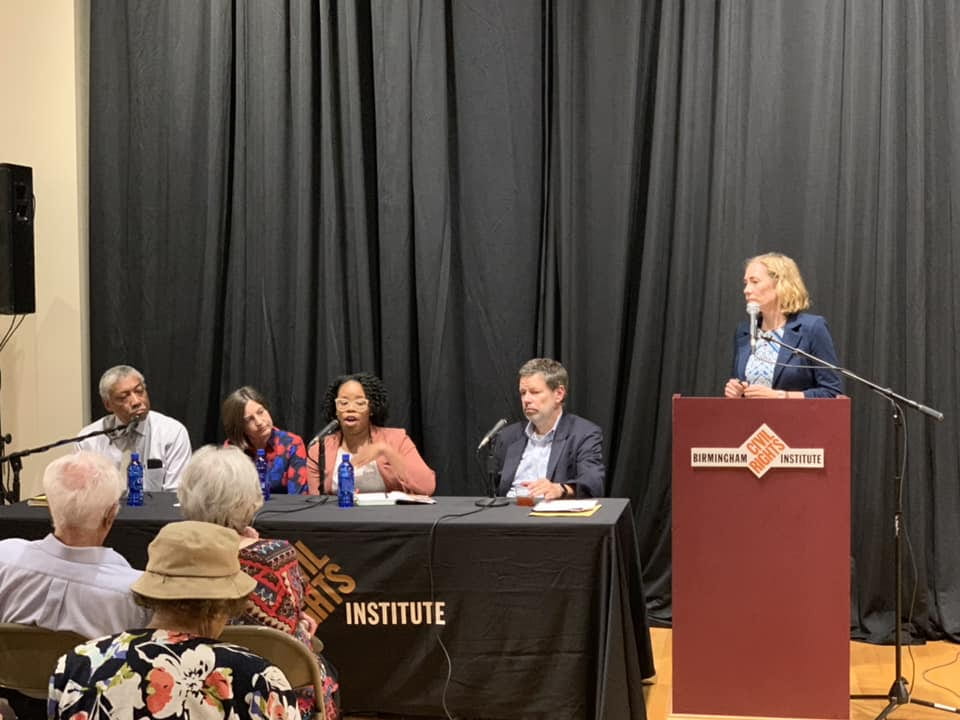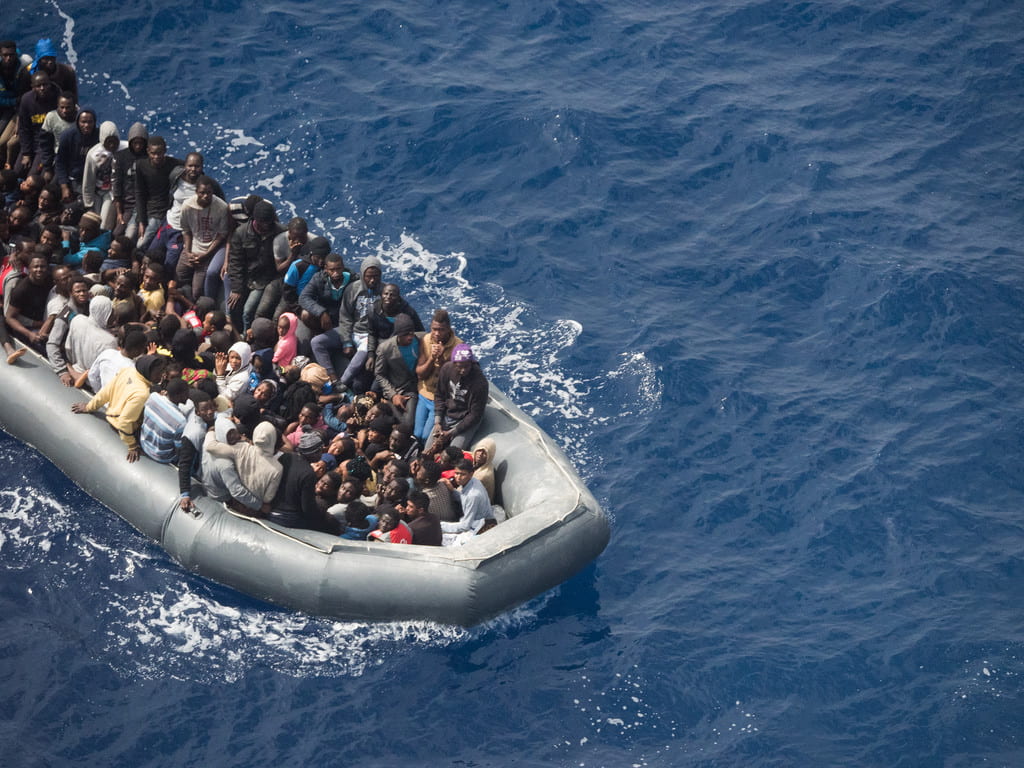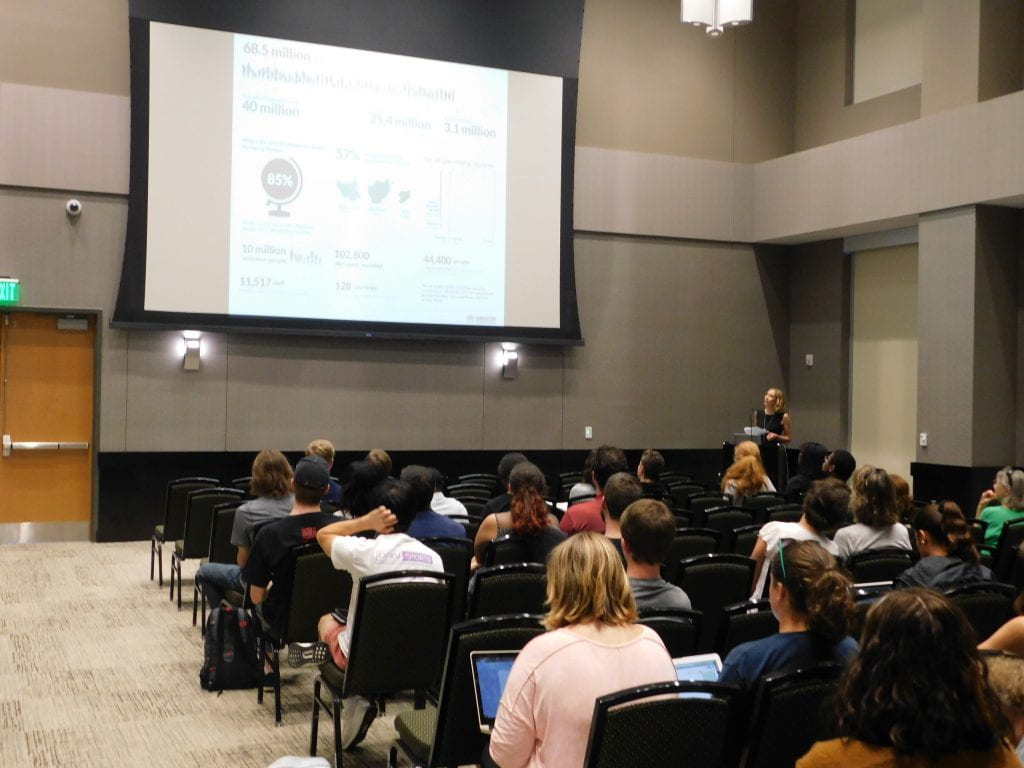World peace through nonviolent means is neither absurd nor unattainable. All other methods have failed. Thus, we must begin anew. Nonviolence is a good starting point. Those of us who believe in this method can be voices of reason, sanity, and understanding amid the voices of violence, hatred, and emotion. We can very well set a mood of peace out of which a system of peace can be built. – Dr. Martin Luther King, Jr., December 1964
On May 14, 1940, the Nazis aerial-bombed Rotterdam to smithereens. Utrecht, the city where I was born, was next up for annihilation if the Dutch were to continue to resist the Nazi invasion. Following the destruction of Rotterdam, the Dutch army gave up its resistance, and for the next five years the Netherlands suffered under Nazi occupation. Many thousands of Dutch Jewish citizens were transported to Nazi extermination camps where they died horrible deaths. I was born after the war and learned about the horrors of the Nazi occupation from my parents and other close family members, bit by excruciating bit. Many of the most terrifying facts I had to learn through sources other than my family members as my family either spared me or just could not bring themselves to relive them by recounting them to me.
My family’s story is but one that is relevant to the current invasion of Ukraine. Today, February 26, 2022, while writing this piece, I noted this entry on Twitter by @Val_Voschchevska that tells another poignant story:
“My aunt: it is impossible to imagine that my mother, who lost her parents and became orphaned at 7, fought against Hitler with the Russian people, had to hide in a haystack from Nazi German soldiers, today, at the age of 85, is hiding in the basement in Kyviv from Russian soldiers.”
My family owe their survival and freedom to the blessed souls, American, British, and Canadian, who stormed the beaches of Normandy while their fellows were gunned down all around them by Nazi soldiers and who continued to fight their way on the Western Front through France and Belgium to liberate the Low Lands from Hitler’s henchmen. From the East, it was the Russian soldiers who died and fought to rid the world of Hitler’s fascist scourge. Now, early 2022, Russia and the United States of America, formerly aligned against fascism, and now each harboring contemporary fascist elements at home, are at war. Yes, let’s call a spade a spade; the country of which I became a citizen out of conviction, and not by birth, is, de facto, at war with Russia. Levying harsh sanctions on Russia is an act of economic and social violence in response to Russia’s deadly violence in Ukraine. Violence begot violence. No amount of semantic wrangling about the meaning of “war” is going to challenge this fact.
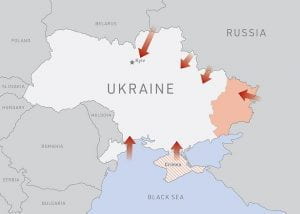
I will leave it to geopolitical analysts to disentangle fact from fiction regarding how it could have come to this, and what the predicted chances of escalation are in this violent confrontation between two nuclear powers that each have a nuclear arsenal capable of destroying most of life as we know it on this planet, effectively and thoroughly. And I will just clearly state that I call on all people of good will to stand with and speak up for all who are victimized by the violence instigated by Putin and his henchmen, and to join UNICEF’s call for a cessation of all violence, for the sake of all of humanity, and, in particular, for the sake of children, the world’s next generations. (Currently, Russia is arresting children for leaving flowers and messages of peace and hope outside of Ukraine’s embassy.) We need our children. The world needs them to grow up healthy and strong, to flourish, and, when they grow up, to clear the messes that we are leaving them. To do better than we did. Much better. To live in peace and to experience happiness. To respect and propagate Life.
Here I offer a peace perspective on the tragedy that is unfolding in Ukraine. It is a perspective based on the nascent behavioral science of peace that arose from traditional Peace and Conflict Studies, which, in turn, trace its origins to the end of World War II (1). It is a perspective rooted in the conviction that diplomacy, dialogue, negotiation and collaboration. In sum, nonviolence coupled with reason and perspective taking, is the only way to end or prevent war and other forms of collective physical violence (negative peace). It is also based on the conviction that the cessation of physical violence needs to be followed by an end to structural violence, including an end to social injustice, discrimination, prejudice, social or moral exclusion, and poverty linked to these conditions, so as to pave the way for a sustained positive peace of reciprocally beneficial and harmonious interactions between people and nature, and among human communities and nations (1).
The peace perspective that I offer here is a comparative perspective. It takes into account our evolutionary history as a species which cannot be seen apart from that of the rest of nature nor from our species-specific cultural histories (1). As an example of this, humans are susceptible to ideological indoctrination. Our early evolutionary history most likely predisposed us for this trait, and it can be culturally modified and enhanced. Ideology is the seed from which ‘us versus them’ thinking can take root and flourish. Such collective exclusionary thinking comes in handy when dictators and potentates want to mobilize citizens and soldiers to support and fight their wars (2).
As a species, we also have an ability to discipline our thought processes into critical evaluation and reflection, and this faculty can also be modified and enhanced by culture. It most likely is part of a more recent set of evolved faculties that provided us with the adaptive advantages that allowed us to be the only complex animal of which the population spread to the four corners of the world. Critical thinking requires the specific allocation of mental energy, but, with effort, we are quite capable of acquiring this cognitive ability, especially when we are privileged by an education that nurtures and scaffolds it (3). War thrives on indoctrination, while peace thrives on critical thought. However, beware, our species ability for critical thinking can also be a factor in war when criminal dictators put it to use for plotting and conducting non-provoked warfare and violent oppression. It is not difficult to identify criminal dictators in our past and present who used critical thinking for their evil ways, nor is it hard to think of people who used this faculty for peace and to benefit our world.
Last, and by no means, least, note that the peace perspective presented here derives from the increasing scientific evidence across species and cultures of behavioral processes that preserve harmony in social relations, for example through the active pursuit, establishment, or deepening of mutual or reciprocal interests, tolerance, helping and sharing, the active avoidance of aggressive confrontations, and the restoration of valuable relationships in the aftermath of aggressive conflict. The peace perspective recognizes the empirical distinction between aggression and violence, where violence, such as war, is escalated aggression that is out of inhibitory control. In nature, as well as in human affairs, aggression and peace are not antithetical but, rather, linked in recurring relationships. Aggression, while as seemingly widespread as peaceful behavior, is commonly kept in check through natural behavioral mechanisms such as ritualization, dominance hierarchies, and avoidance, and the damage to relationships is often repaired post-aggression through processes of consolation and reconciliation (1). However, importantly, and with few exceptions, uninhibited aggression, such as the violence of war, is unique to the human species (1,2). Violence is our uniquely human problem. We need to deal with it courageously and definitively.
How can we bring this peace perspective to bear on the invasion of Ukraine? To start, it brings into the light that diplomacy and negotiation have utterly failed to prevent this war. People in the opposing camps need to hold their leaders accountable for this abject failure. In our own country, the United States, people in government from both major political parties need to stop tittering about partisan issues and beating the drums of war and get on with the pursuit of a negotiated settlement that stops the killing and holds off the prospect of unfathomable global catastrophe. Our leaders need to use whatever nonviolent means it takes to reach this immediate goal as there is no alternative. The majority of the people in Russia, Ukraine, the US, the UK, the rest of Europe, and the rest of the world do not want war. This sentiment against war comes natural to people. It is part of our evolutionary inheritance from which cultures unfold and thrive. Political and national leaders represent the people – they need to act on what the people want and need. If that means, for example, that the President of the United States should fly on Airforce One to Moscow to conduct the negotiations there, then so be it, get on with it. It would be an excellent use of taxpayer’s money.
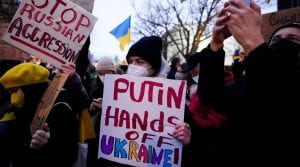
All parties need to freeze sanctions to set the stage for negotiations for peace. The sanctions of the US and its European allies are being described as a form of punishment for Vladimir Putin for ordering his troops to invade Ukraine, but an extensive literature in behavioral science shows unequivocally that punishment does not change behavior while incentives do. The most likely consequence of the US sanctions will be that Russia reciprocates in kind. Medvedev, the deputy head of Russia’s Security Council chaired by President Vladimir Putin, already proposed today (February 26) that the sanctions offer the Kremlin a pretext to completely review its ties with the West, and he suggested that Russia could opt out of the New START nuclear arms control treaty that limits the U.S. and Russian nuclear arsenals. If Russia opts out of the agreement now, it will remove any checks on U.S. and Russian nuclear forces and raise new threats to global security. Medvedev also raised the prospect of cutting diplomatic ties with Western countries, charging that “there is no particular need in maintaining diplomatic relations” and adding that “we may look at each other in binoculars and gunsights.”
A peace perspective further emphasizes that the world needs to focus its attention and resources on threats that require us to unite as opposed to divide, including the global existential threats of climate change and biodiversity loss that interact to challenge and exceed the planetary boundaries that make human life and much of the other forms of life that we share this planet with possible. These existential threats are not going away while we are preoccupied with war, but rather, they will be amplified by the ravages of war. We also need to finish what we started in fighting the spread of SARS-CoV2. With much of the world still unvaccinated it can be expected to be only a matter of time until new variants evolve with a potential to add significant more COVID-19 deaths to the current tally of close to 6 million deaths worldwide and close to 1 million in the US. We must urgently trade in our missiles for syringes.
We must care about peace now. We must pursue peace now. The reasons for it are clear. There are no alternatives and no excuses. Peace is attainable. Nature has equipped us with behavioral and cognitive means to pursue and sustain it. Our human cultures have nurtured and built on these natural means in a great variety of effective ways. We must respect and use these culturally varied means and advance peace – now.
I end, in all humility, as I started this essay, with a quote by a champion of peace whose eternal words we should all heed when we pursue peace, Dr. Martin Luther King, Jr.
Returning hate for hate multiplies hate, adding deeper darkness to a night already devoid of stars. Darkness cannot drive out darkness; only light can do that. Hate cannot drive out hate; only love can do that. Hate multiplies hate, violence multiplies violence, and toughness multiplies toughness in a descending spiral of destruction. — Martin Luther King, Jr., “Loving Your Enemies,” Strength to Love
References:
(1) Verbeek, P., & Peters, B.A. (2018). Peace ethology. Behavioral processes and systems of peace. Hoboken, NJ: John Wiley & Sons, Ltd. Publishers.
(2) Verbeek, P. (2013). An ethological perspective on war and peace. In D.P. Fry (Ed.), War, peace, and human nature: The convergence of evolutionary and cultural views. New York: Oxford University Press.
(3) Cole, J.R. (2021). Academic freedom under fire. Science, 374 (6573), 1300.
